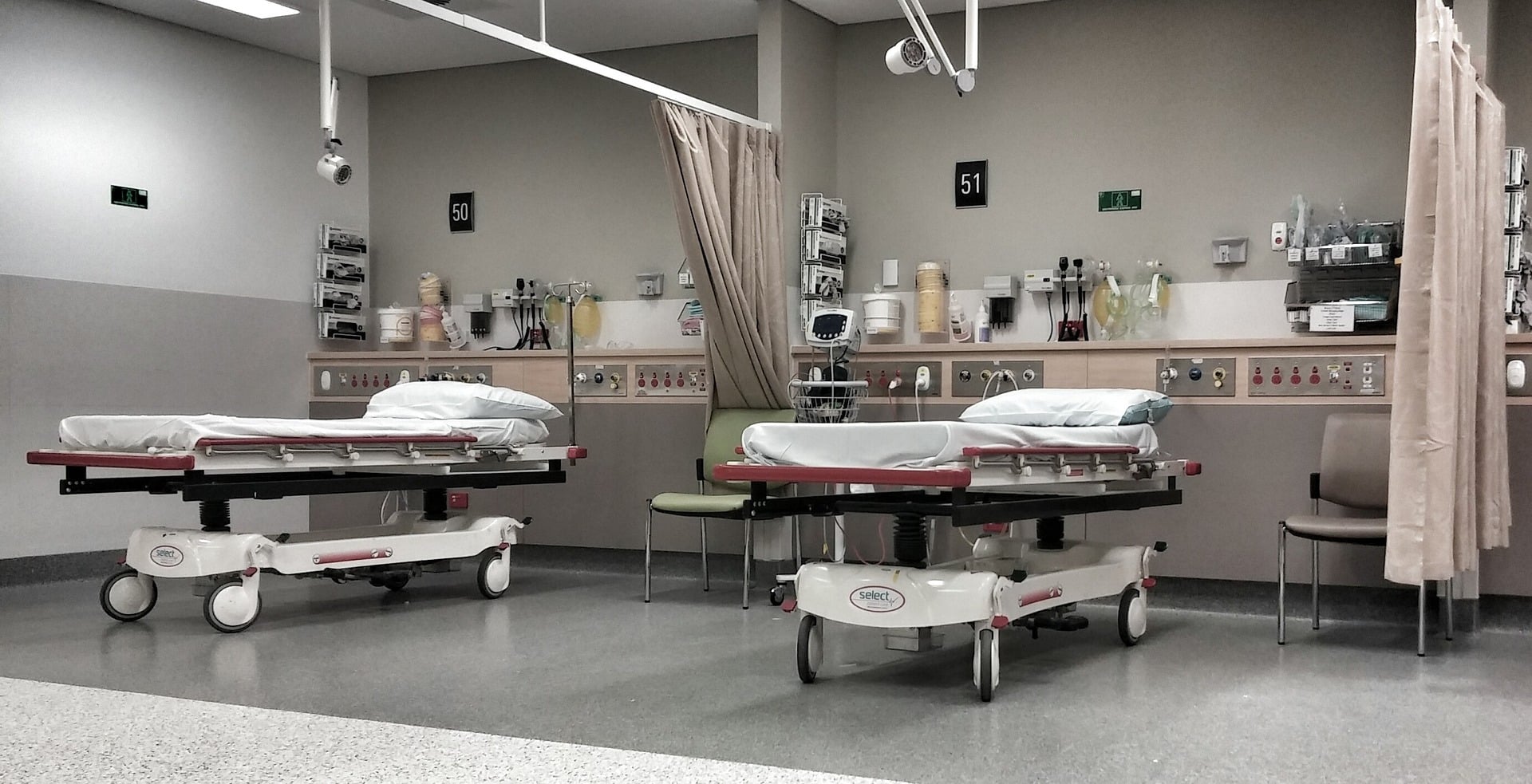The Georgia Senate passed a bill Thursday aimed at helping rural hospitals that have been struggling to keep their doors open, including a provision to allow “micro-hospitals” in rural counties.
Since 2012, at least six rural hospitals have closed in the state.
When a rural hospital closes, the bill would allow a hospital from a neighboring county to purchase the building to turn it into a “micro-hospital.” The “micro-hospital” would have two to seven beds and 24/7 emergency care.
“I don’t anticipate there being 30 micro-hospitals in five years, but there might be five or six that gives rural citizens in those counties access they otherwise would lose,” said state Sen. Dean Burke, who sponsored the bill in the Senate.
The bill would also maximize the value of tax credits a person or company can get when they donate to a rural hospital through a tax credit program, which was established two years ago.
It would also create a grant program for rural doctors to help with medical malpractice insurance, intended to help incentivize doctors to work in underserved communities.
Laura Colbert, executive director of Georgians for Healthy Future said there are good provisions in the bill, but there are other things the bill didn’t address.
“HB 769 nibbles around the edges of the rural healthcare crisis,” Colbert said. “It leaves this really big gap in the middle that can really only be solved by infusing more dollars into the healthcare system, and that comes through health insurance.”
Georgia is one 18 states that did not expand Medicaid coverage though the Affordable Care Act.
Last year, lawmakers did talk about getting some federal money through what’s called a “Medicaid waiver,” which allows states to use the federal money for their own programs. Burke said that didn’t happen this session because of the political environment.
“Those issues are very contentious in an election year, and that’s unfortunate, but that’s just the reality that we live in,” Burke said.
Because the Senate made some changes to the legislation, the bill goes back to the House for an agreement.










